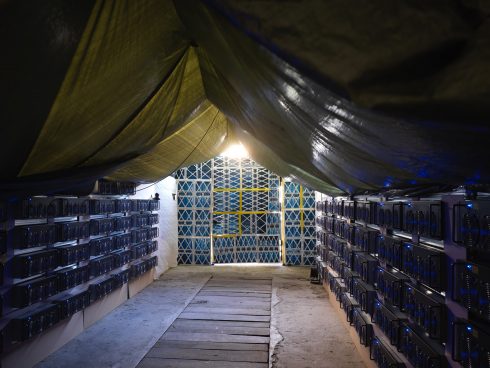Messaggi di Rogue Scholar

Wo werden unsere digitalen Daten eigentlich gespeichert? Wie werden sie transportiert? Und was kostet das alles? Die Historikerin Monika Dommann kennt Antworten auf diese Fragen, sie sucht in der Schweiz nach den Spuren digitaler Infrastruktur. Lena Schulze Frenking hat sie zu ihrem neuen Buch „Data Centers*“* befragt.

The Lise Meitner Society (Lise-Meitner-Gesellschaft) is a non-profit organization founded by young scientists, which works towards equal opportunities in mathematics and natural sciences and inside and outside of academia. As part of our special issue on power in academia, we spoke to Dr. habil.

Julia T Scho The pandemic has been a challenge for almost everybody. Cancelled conferences, field trips, experiments, suspended research, travel and visa restrictions, bad job prospects and no childcare, are just some of the problems academics have faced since March. While the virus highlighted

Q: Are there particular features to the Corona pandemic that makes it more attractive to conspiracy theories or conspiracy theorists? Or are we just much more aware of these theories because everyone is living through this at the moment? Mike S. Schäfer MS: In general, conspiracy theories are not a new phenomenon.

Together with your colleagues Ruth Mayer and Andrea Geier you initiated the petition “Nicht-Semester” (calling for a cancellation of the regular spring semester during the Corona crisis). What are the motivations behind your initiative? Our main argument is that we should see the current situation in higher education in Germany from a realistic perspective –

Computational models and huge amounts of available data allow us to predict the outbreak of COVID-19 globally and prepare respective measures to react to this crisis. Policy-makers, journalists and individuals refer to such calculations on a daily basis and they are prominently present in the public discourse.

This interview is done in personal capacity and based on insights such as recently published in the “International Handbook on Responsible Innovation: A Global Resource”. In 2013, you introduced a vision for Responsible Research and Innovation.

What is the value of social science today? Arthur Lupia, University of Michigan, Photo: Svetluša Surova For me, the value of social science is ultimately about the quality of life. What social science does is that it helps us to take observations of the world and put them into a form where we can understand more about how the world works. We can then use social science to anticipate likely consequences of our actions.

In 1997, SciELO, the biggest Open Access database in Latin America got some initial funding from the São Paulo Research Foundation FAPESP. What triggered the launch of such an infrastructure and what were the main goals back then? Back then a few local scientists approached us with the idea to set up a repository for journals edited in Brazil.
